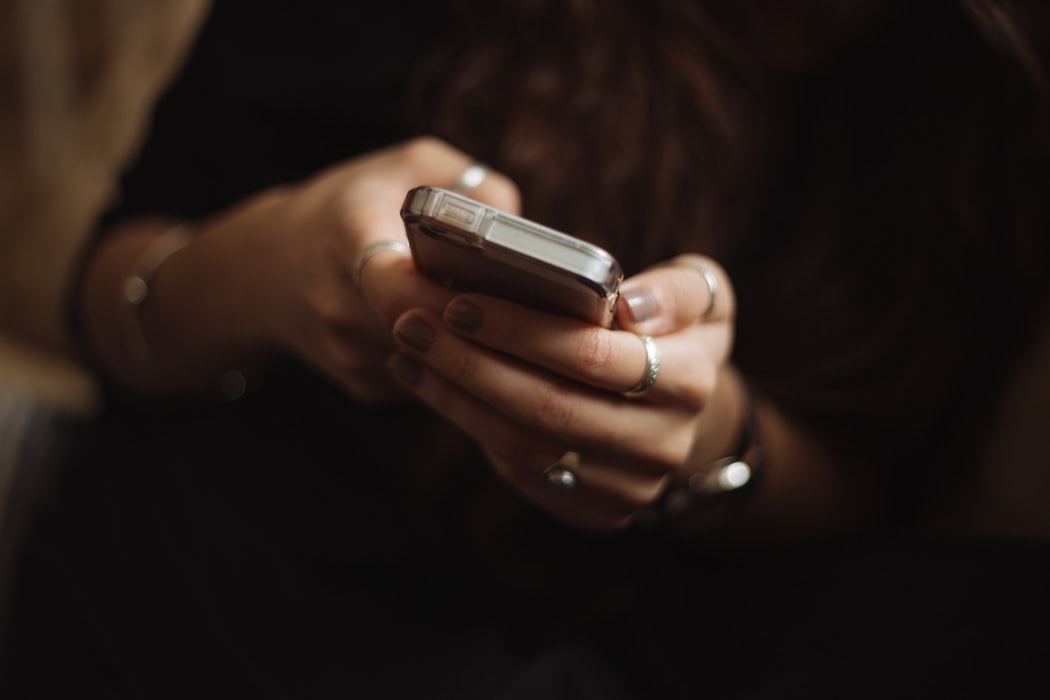The power of social media is truly worrying for students
When Amelia Bambridge disappeared from a beach party in Cambodia, the worst was feared. There were whispers of abduction as people searched the tangled leaves of Koh Rong’s jungle and scoured the coastline for a body.
The family stayed hopeful, asking for help online. Amelia’s brother, Harry Bambridge wrote that “the power of social media has been overwhelming. We haven’t given up hope yet.”
But the story ended in tragedy. The 21-year-old was found eight days after her disappearance, drowned at sea.
It was a heart-breaking conclusion to the days spent searching for the young woman, and the family should have been given privacy and time to grieve. Instead, they became victims of a dark, disturbing side of social media.
Images of the body were shared on Instagram. Her arm was covered in sand, her figure seemed to be floating in water, and her tattoo was visible.
Hannah Clark, one of Amelia’s friends, discovered the photos before she had received confirmation of the death. When she saw it, the post had thousands of comments, likes and shares.
The power of social media is not just overwhelming, but terrifying.
Speaking to Victoria Derbyshire, Clark expressed anger that thousands of people – strangers – knew Amelia was dead while her closest friends still believed her to be missing.
She said, “I should have had time to come to terms with what happened. But instead I was immediately on my phone for 24 hours trying to search her name and see if there were any posts to get them reported and removed.”
The power of social media is not just overwhelming, but terrifying.
The death of a friend is terrible in any circumstance, but no one should ever be forced to see images of the body. And no one should have to spend hours searching for those photos, going through the painstaking process of reporting each one.
Facebook, who owns Instagram, said they “have clear rules against posting graphic content and when we are made aware of it, we remove it.”
But what happens if hours, even minutes, lapse between someone posting a photo and it being removed? There is no way of controlling who has saved these photos, who has them stocked on their phone. They could resurface at any time.
Another of Amelia’s friends, Temisis Conway, was told by Instagram that an image taken of the dead woman’s arm was not in breach of its guidelines. She was, rightly, “gobsmacked”. Should social media platforms have a right to decide which images are ‘too graphic’ to share?
There are no clear answers as to how social media should be regulated. It is one of the most complicated issues of modern times.
An immediate solution might be for platforms to have stricter regulations, but you cannot give Instagram, or any social media giant, the power to control everything that people post. That kind of censorship would be dangerous and could have serious implications for society.
And there are instances where sharing images of violence or tragedy can have an important social impact. The photos of Alan Kurdi, the three-year-old Syrian refugee who drowned in 2015, were monumental in raising awareness of the refugee crisis.
We see something that shocks, enthralls or disturbs us, and our instinct is to share it, without truly thinking about the impact it could have
But the Amelia Bambridge case is different. There is no value to posting photos of her body online, except – sickeningly – for social media likes.
This story has revealed a fundamental problem with the way we look at the online world. And while we can – and should – point the blame at big platforms like Instagram, we also have to take responsibility as individuals.
It has become a twisted habit to post everything online. We see something that shocks, enthralls or disturbs us, and our instinct is to share it, without truly thinking about the impact it could have on those involved. We forget that as soon as an image is online, anyone can use and control it.
The story of Amelia Bambridge might seem an extreme example – a rarity, but it has exposed a dark side of social media that could impact any one of us.
I have known friends who have been upset to find videos of themselves online after a night out. I have seen people share personal details about their family lives online, only for those posts to have a detrimental impact on their relationships. And there are hundreds of stories about people who have posted something inflammatory online, only for it to come back and haunt them years later. Once something is online, you cannot take it back.
Social media can be a force for good. It is a fantastic tool for encouraging change, for spreading positivity, for uniting people across the world. But it is also dangerous and we need to be careful with everything that we share online. The power of social media is nothing short of terrifying.

Comments